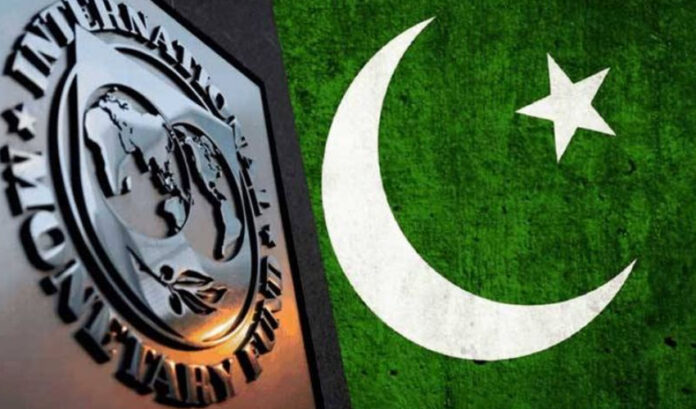Islamabad, July 4: Milk prices in Pakistan have surged by more than 20% following the imposition of a new tax, making the dairy staple more expensive in Karachi than in Paris, Melbourne, and Amsterdam.
Ultra-high temperature (UHT) milk now costs 370 rupees ($1.33) per litre in Karachi supermarkets, compared to $1.23 in Paris, $1.08 in Melbourne, and $1.29 in Amsterdam, according to media reports.
The 18% tax, part of recent taxation changes approved in the national budget, has significantly increased milk prices, which were previously tax-exempt.
Muhammad Nasir, a spokesman for the local unit of Dutch dairy producer Royal FrieslandCampina NV, stated that before the tax, milk prices in Pakistan were comparable to those in developing countries like Vietnam and Nigeria.
The new tax has caused retail prices to rise by as much as 25%.
The increased milk prices are expected to exacerbate inflation in Pakistan, where wages have stagnated and purchasing power is declining.
Last week’s budget, which included a record 40% tax increase, aims to meet conditions set by the International Monetary Fund for a new bailout.
Meanwhile, the International Monetary Fund (IMF) has demanded an increase of at least Rs5 in electricity tariffs, reports said.
With this, the electricity may become Rs5 per unit more expensive before July 10.
During the virtual talks, the IMF was informed about the difficult decision, and measures to increase gas prices were briefed to the IMF.
Ministry of Finance said that the IMF is satisfied with the steps taken for economic improvement.
Pakistan Minister of State for Finance, Ali Pervez Malik, has said that Islamabad is set to secure a staff-level agreement with the IMF for a bailout package exceeding $6 billion by the end of this month.
This move follows Pakistan’s commitment to meeting all IMF demands in the federal budget, including stringent revenue targets despite facing public backlash over anticipated new taxes.
According to foreign media, Pakistan aims to garner IMF approval by setting challenging tax revenue goals in its budget for the fiscal year starting July 1, amounting to 130 trillion Pakistani rupees ($47 billion). The budget, characterized by Minister Malik as necessary for IMF program satisfaction, targets reducing last year’s fiscal deficit from 7.4 percent to 5.9 percent.








